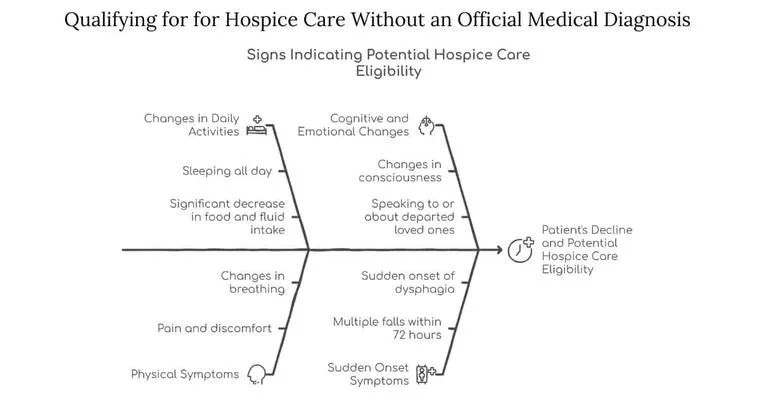As our population ages, the question of whether all elders need "specialized geriatric care" becomes increasingly relevant. "Geriatric care" focuses on the unique health needs of older adults, addressing both their physical and mental well-being. While some may argue that every elder should receive this type of care, the reality is more nuanced. Understanding the factors that determine the necessity of specialized care can help families make informed decisions for their loved ones.
One of the primary reasons some elders may require specialized geriatric care is the presence of "chronic conditions". Older adults are more likely to experience multiple health issues, such as diabetes, heart disease, and arthritis. These conditions can significantly impact their quality of life and may necessitate a tailored approach to treatment. Geriatric specialists are trained to navigate these complexities, ensuring that each elder receives comprehensive care that considers their unique health profile.
Another critical aspect of geriatric care is the focus on "cognitive health". Conditions like dementia and Alzheimer's disease are prevalent among the elderly. Specialized care can provide the necessary support for cognitive impairments, helping to manage symptoms and improve the overall quality of life. Elders experiencing memory loss or confusion often benefit from the expertise of geriatric professionals who understand the intricacies of these diseases.
In addition to physical and cognitive health, "mental health" is another significant consideration. Many elders face challenges such as depression and anxiety, often exacerbated by isolation or loss. Geriatric care can integrate mental health services into a comprehensive care plan, addressing the emotional well-being of older adults and promoting a more holistic approach to aging.
However, not all elders require specialized care. Many older adults maintain robust health and independence well into their later years. For these individuals, regular check-ups with a primary care physician may be sufficient. It is essential to assess each elder's individual situation, taking into account their overall health, lifestyle, and support systems.
Family support also plays a crucial role in determining the need for specialized geriatric care. In some cases, family members can provide the necessary assistance and monitoring, making it possible for elders to live independently without the need for specialized services. However, as health declines, the need for professional intervention may become more apparent.
In conclusion, while "specialized geriatric care" offers invaluable support for many older adults, it is not a one-size-fits-all solution. Factors such as chronic conditions, cognitive health, mental well-being, and family support all contribute to the decision of whether an elder requires specialized care. By evaluating these elements, families can better determine the most appropriate care plan for their loved ones, ensuring that each elder receives the support they need to thrive in their golden years.





